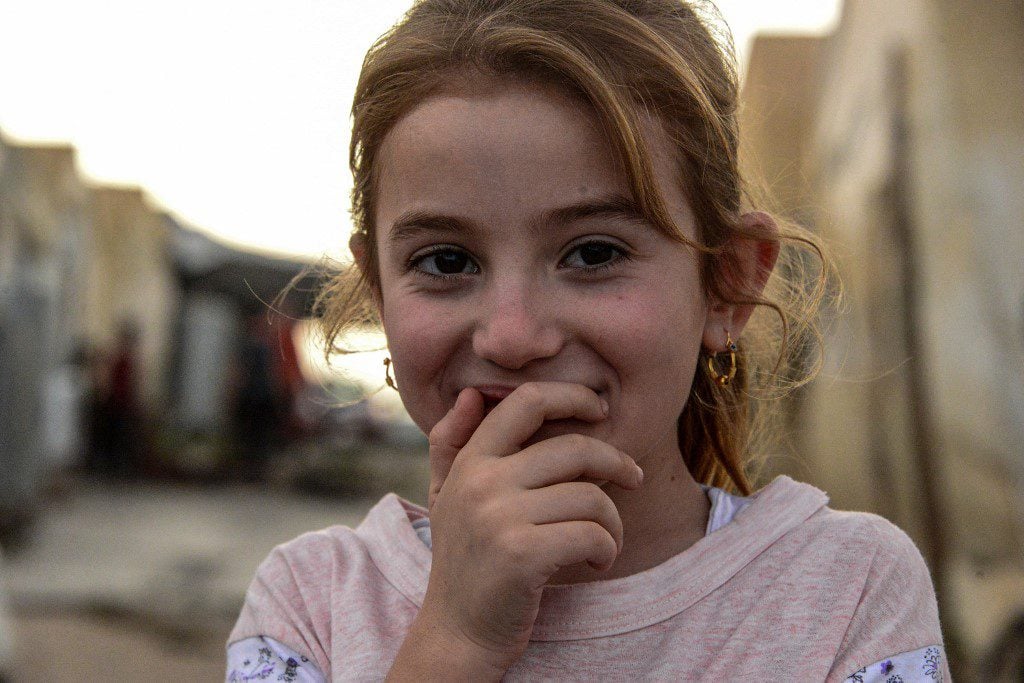
Ali al-Ajeel
It was not natural for the whole world to stand idly by and watch the moments when the Yazidis were wiped out of existence. At first glance, the scene may seem fictional or a clip from a movie about the earth while being invaded by aliens. But it did happen.
The world not only stood as a spectator but also participated in the crime when an entire country was burned, killed, captivated, and finally marginalized without anyone helping hands.
The Yazidi religion has been subjected to a torrent of takfir fatwas since the days of Jaafar al-Dasni, the Ottoman killing sprees, and the genocides committed by the Islamic State in 2014, when the organization killed 3000 Yazidis, kidnapped 5000 others, raped 1500 Yazidi women and sold more than 1000 others as slaves.
The Yazidis are mainly concentrated in the northwest of Iraq, specifically around Mount Sinjar, west of Mosul. They have a seat in the Iraqi Parliament, the Nineveh Provincial Council and the Mosul District Council. In addition to Iraq, some members of this sect reside in Syria, Turkey, Iran and Russia, and they have small communities in Lebanon.
The Yazidis believe in God who, according to their beliefs, commanded Tawuse Melek, one of the seven angels, to try to persuade and expel Adam from Paradise so that humans would reproduce and multiply, and entrusted him to be king on earth.
From this point of view, many Iraqis believed that the Yazidis worship the devil and have tails. Such a thing has nurtured fear among people deceived by these myths. Some even refrained from buying Yazidis’ goods or eating in their homes and restaurants because they are “disbelievers,” which the Yazidis reject.
The harsh treatment, however, did not incite hatred in the hearts of the Yazidis. Some of them began to memorize the Quran to get closer to people and put some of its verses on their goods to easier sell them.
The cruel look in people’s eyes towards the Yazidis did not incite hatred in them but rather intense fear. Therefore, they did not exchange hatred with greater hatred, nor with violence that would strip them of their humanity. Instead, they decided to stay away from people and live in the mountains.
The doctrine of the Yazidis has been influenced by successive civilizations like the Assyrians, Babylonians and some Jewish sects. However, the Yazidis claim that their civilization is the oldest in the world because their calendar dates back to more than 6700 years.
The Yazidis speak the Kurdish language, on which their prayers, supplications and religious books are based. Their Qibla is Lalish, where the holy shrine of Sheikh Adi bin Musafir in northern Iraq, who is considered the founder of the Yazidi religion and their most revered figure. They have two sacred books, Jilwe and Mishefa Reş, which have not been found so far for the Yazidis’ concealment of their customs and traditions. That matter raised doubts about their worship, as many accusations were attached to them, such as following Yazid bin Muawiya or followers of Yazid bin Anisa.
However, after the whole world watched the tragedy of the Yazidis, has the Iraqis’ view of them changed?
The recent massacre was perhaps one of the reasons for global solidarity with them. Many countries recognized it. For the first time in history, a fatwa was issued by the sect elders, asking the families to receive their daughters who were detained and raped by ISIS members with their children. Before this decision, the sect was closed and did not recognize any child born to a non-Yazidi father. Also, a decision was issued regarding Yazidi survivors, alongside efforts to find a solution for children born of an “ISIS” father, as Iraqi law had listed them as foundlings, which is a significant problem, according to the law, a child of an unknown father is registered as a Muslim. Add to that psychological trauma suffered by the members of the sect and the widespread suicides among them.
Vian Dakhil, the Yazidi representative in the Iraqi Parliament, launched a global campaign to intervene and protect the remaining Yazidis stuck in Sinjar. The campaign is also meant to help those who fled abroad and demanded asylum in European countries, considering that the Iraqi government has failed them. Their heritage and history have been erased from the region. The Iraqi citizen has not yet stood by the Yazidi and has not said: brother – as Buddha says – you can believe in stones, as long as you don’t throw them at me.
Sources:
-حبيب، كاظم. الإيزيدية ديانة قديمة تقاوم نوائب الزمن. دار الحكمة للطباعة والنشر والتوزيع. ٢٠٠٣:
– حسني، عبد الرزاق. اليزيديون في حاضرهم وماضيهم. al-Manhal lil-Nashr al-Iliktirūnī. ٢٠١٩:
– مراد ختاري، داوود. عدد الحملات (الفرمانات) على الايزيدية:
DISCLAIMER
The opinions expressed in this publication are those of our bloggers. They do not purport to reflect the opinions or views of Fanack or its Board of Editors.


